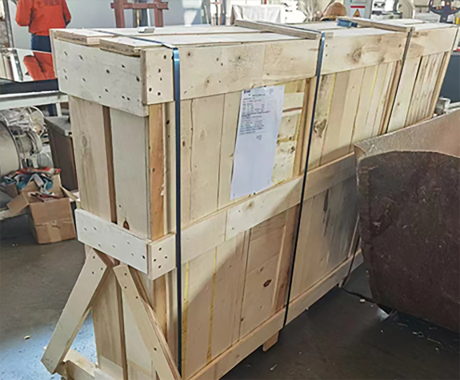

The Versatility and Applications of 4mm Float Glass
Float glass, known for its clarity and thickness uniformity, has become a staple in various industries. Among the various thicknesses of float glass available, 4mm float glass is particularly popular due to its ideal balance between strength, weight, and transparency. This article delves into the characteristics, manufacturing process, applications, and advantages of 4mm float glass.
Characteristics of 4mm Float Glass
4mm float glass is a flat glass product manufactured through the float glass process. This method involves pouring molten glass onto a bed of molten tin, allowing it to spread and form a flat surface. The result is a glass that is smooth, optically clear, and free of imperfections. The 4mm thickness strikes a balance between being lightweight and sufficiently strong, making it suitable for a wide range of applications. Its excellent light transmission properties coupled with superior durability make it a favored choice in both residential and commercial settings.
Manufacturing Process
The production of float glass begins with the melting of raw materials, typically silica sand, soda ash, and limestone, in a furnace. Once the mixture reaches a molten state, it is carefully poured onto molten tin, where it spreads out and forms a continuous ribbon. The glass then slowly cools down, and as it solidifies, it is cut into desired sizes. The final product undergoes polishing and quality checks to ensure it meets industry standards. The float glass process ensures a consistent thickness and clarity, which are crucial for various applications.
Applications of 4mm Float Glass

The versatility of 4mm float glass lends itself to numerous applications. In residential settings, it is commonly used for windows, doors, and shower enclosures. Its clarity enhances natural light, contributing to an inviting atmosphere in homes. In commercial spaces, 4mm float glass is utilized in storefronts, partitions, and office buildings. Its durability allows it to withstand daily wear and tear while maintaining an aesthetically pleasing appearance.
Beyond buildings, 4mm float glass is also used in furniture design. Glass tabletops, shelves, and decorative pieces benefit from the strength and transparency of this material. Additionally, in the automotive industry, 4mm glass finds use in side windows and mirrors, offering lightness without compromising safety.
Advantages of 4mm Float Glass
One of the key advantages of 4mm float glass is its cost-effectiveness. It provides an excellent balance between quality and affordability, making it a preferred choice for budget-conscious projects. The glass can also be treated with various coatings to enhance its properties, such as UV protection, low-emissivity (Low-E), or anti-reflective coatings, further broadening its applicability.
Moreover, 4mm float glass is environmentally friendly. Being recyclable and made from natural raw materials, it aligns with sustainable building practices. Its longevity and resistance to wear contribute to a lower ecological footprint over time.
In conclusion, 4mm float glass stands out as a versatile and practical choice for a wide array of applications. Its manufacturing process yields high-quality products that are used in both functional and decorative capacities. Whether in homes, offices, or automotive settings, 4mm float glass continues to be an indispensable material in the modern world, reflecting both beauty and utility.